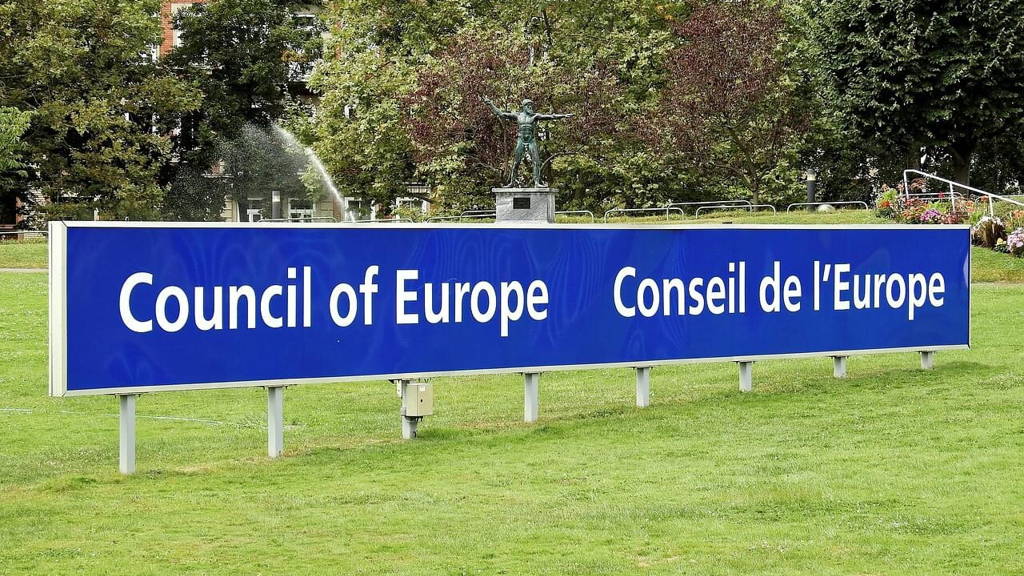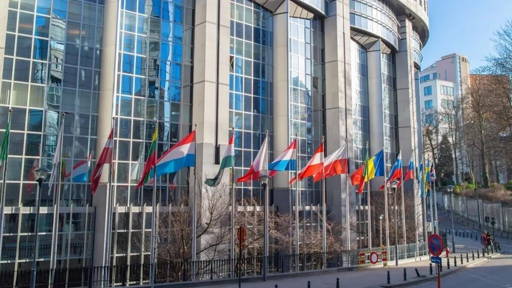At a conference organized in the European Parliament, Olivier Véran, French Minister of Health and Solidarity, focused on proposals related to digital health, the fight against cancer, a fair distribution of vaccines and strengthening the Health Union.
To enhance cooperation between 27 member states and better react to public health problems, Véran announced the creation of the “European Hospital” label. The label would be voluntary and allow medical facilities in Europe to create a network enabling them to share scientific knowledge and experience more efficiently.
Moreover, Olivier Véran wants to strengthen European autonomy, especially when it comes to the production of drugs, noting that the EU is 95% dependent on India, Pakistan and China when it comes to the raw materials used to produce medicines. Another important priority is the fight against cancer.
Other digital health proposals will be presented by June 2022, with the European Health Data Space in the centre. Even though the Health Union has been discussed for a long time, France is focusing on individual initiatives rather than the concept itself. However, the “European Hospital” project is yet another component of coordinating national health care sectors.
Soft plans regarding digital health
While healthcare is not the focal point of the French presidency, the digitization plans are very ambitious. There are eight pillars:
- Creating a European data sharing ecosystem, supporting European Data Spaces and removing limitations in the international data flow, such as the mandatory data location.
- Promoting innovation through a new body of regulations on digitization so that that market participants can follow clear rules.
- Creating conditions for the development of health innovations based on trust by supporting e-health initiatives and putting the European Health Data Space into effect.
- Maintaining the speed of digitization by stimulating investment in international projects.
- Using the potential of digital technologies to limit carbon dioxide emissions in traditional sectors.
- Ensuring the supply of semiconductors for digital transformation by adopting Union legislation on chips based on the needs of industry and in close consultation with international partners.
- Strengthening the security of Europe in the digital age by finishing work on the new network and information security framework in the area of cybersecurity, with a clearly defined and harmonized scope and requirements, and strengthening coordination between the EU and NATO with regard to investments in emerging technologies.
According to DIGITALEUROPE, Europe has enormous data potential, but it remains untapped. In 2020, the data-based economy accounted for only 3% of the gross domestic product (GDP) of the European Union. Europe needs to increase this figure to 6% of GDP by 2025.
On the basis of the recent agreement on a data management law, the future data law (which is supposed to be presented by the Commission at the beginning of 2022) will play a crucial role in creating a solid management framework by accelerating the transfer of data and using such data in European data spaces. The aim is to make it easier to share public data for research and innovation, protect existing industrial initiatives in the area of data sharing, and harmonize regulations across Europe.
France is holding the rotating presidency of the Council of the EU until the end of June 2022.






